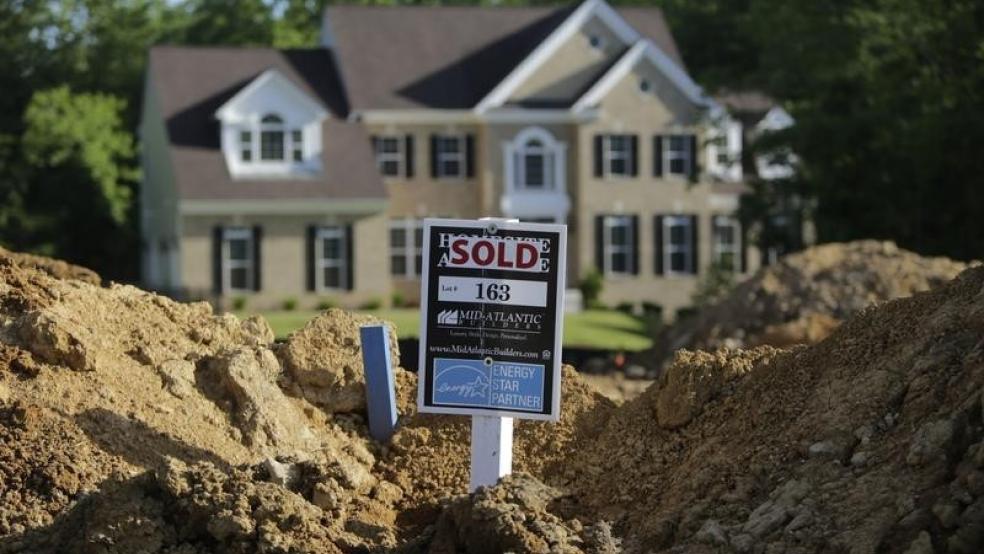The mortgage interest tax deduction has long been considered politically untouchable — until now, that is.
The hands-down favorite of taxpayers is back on the negotiating table as tax reform kicks into high gear, according to industry sources, even though no one from the Trump administration has said that out loud, and Republican leaders in Congress say not to worry.
"Saying they aren't going to get rid of it isn't saying they won't touch it," said one source who agreed to speak only on background. "There are clearly discussions going on around reducing the maximum of the mortgage interest deduction to the $600,000 range."
Related: Paul Ryan: Tax Reform Will Be ‘Far Easier’ Than Health Care
The mortgage interest deduction, which only benefits about 20 percent of taxpayers, is currently capped at loans up to $1 million for married couples who file jointly and at $500,000 for individual filers. The median value of a U.S. home just crossed the $200,000 market, according to Zillow, so not a lot of people make it to that cap. More than half of those who benefit from the deduction have incomes above $100,000, and they get 81 percent of the benefit, according to the Congressional Joint Committee on Taxation. The benefit cost the U.S. government $77 billion in 2016.
As recently as Monday, Senate Majority Leader Mitch McConnell said if you're worried about the mortgage interest deduction, "you can breathe easy." A rep in McConnell's office declined to elaborate.
Capping the popular deduction at loans no higher than $500,000 would affect only 4 percent of borrowers but 15 percent of the dollar volume, since the deduction is so skewed toward higher income taxpayers. Still, the administration could use it as a bargaining chip to change the standard deduction.
Altering the standard deduction so very few people will want to take it is "kind of an elegant way to water down, if not neuter, the mortgage interest deduction," said Guy Cecala, CEO of Inside Mortgage Finance. "If you're a taxpayer and your taxes go down by not taking the deduction, how can you say that's a bad thing?"
No question, however, that the industry, especially the National Association of Realtors, will lobby hard against any changes. While there is no evidence that the deduction spurs home buying, it does make certain homes more affordable for some buyers.
This article originally appeared on CNBC. Read more from CNBC:
* Jamie Dimon: US 'should acknowledge our problems and fix them'




